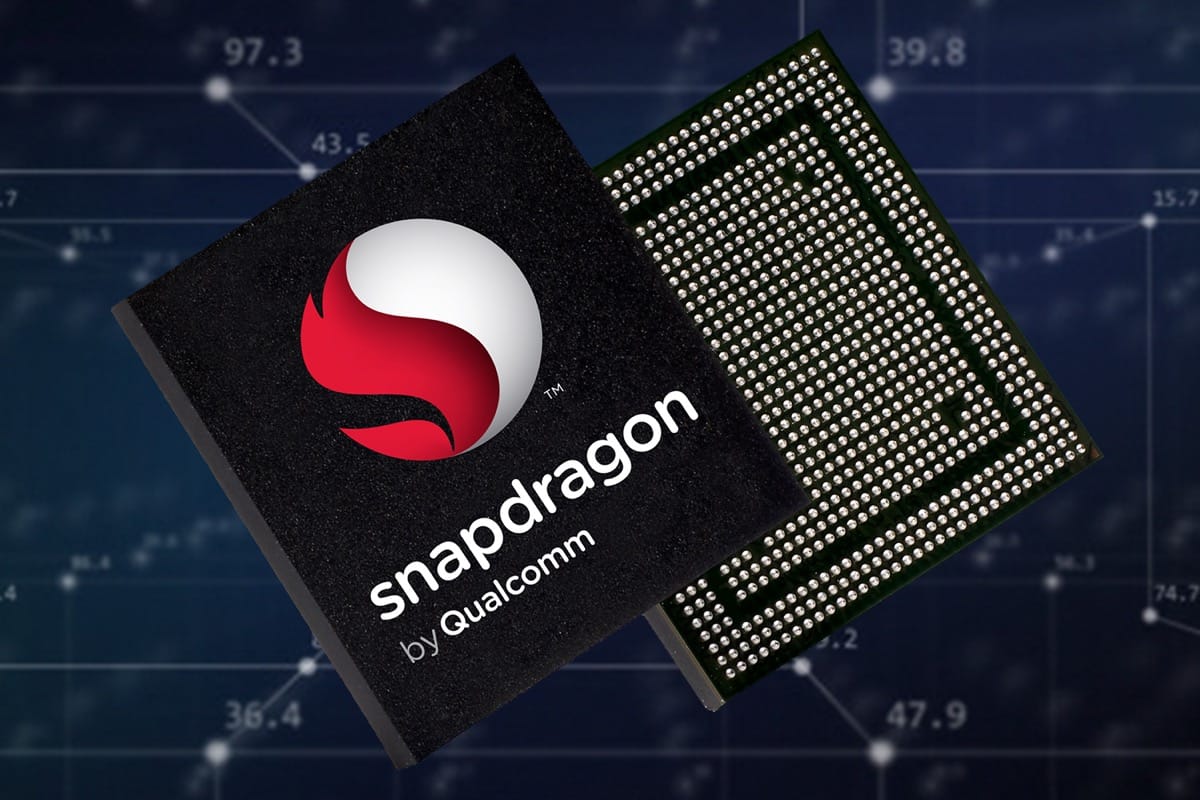Rumor mill: Qualcomm isn’t slowing down when it comes to challenging Intel in the CPU market. The recently announced Snapdragon 850 platform might bring an increased performance over the Snapdragon 845-powered laptops, but it still isn’t going to compete with the Core series. With the rumored Snapdragon 1000, however, that could change.

Earlier this month, Qualcomm revealed the Snapdragon 850; a dedicated laptop chip—as in, not for smartphones—designed for the second-generation of its Windows 10 on ARM initiative. Compared to the current Snapdragon 835 PCs, it offers a 30 percent performance boost, better battery life, and faster gigabit LTE speeds. But the chip is based on the Snapdragon 845 found in most Android flagships. So, while it has advantages such as an extended battery life, the 850 is unlikely to be a major rival for Intel’s CPUs.
But a report from German site WinFuture, along with an engineer’s LinkedIn profile, suggests the Snapdragon 1000 could offer a viable alternative to Intel’s impressive 8250U and 8550U Kaby Lake Refresh mobile CPUs. It's said to handle most tasks a user can throw at it, including VR and AR applications.
Built using TSMC's 7nm manufacturing process, the Snapdragon 1000 is expected to use the new ARM Cortex-A76 architecture, which brings 35 percent extra performance and is 40 percent more power efficient than the Cortex-A75. It’s also reported to support up to 16GB of RAM and two 128GB storage modules. The Chip itself measures 20mm x 15mm, much larger than previous Snapdragons, and will have a TDP of up to 12W—slightly less than 15W-rated 8250U and 8550U.
Interestingly, Microsoft is said to be testing the Snapdragon 1000 in a number of devices, including “desktop” PCs, Hololens products, and even the long-rumored Andromeda foldable tablet/phone device. Should Intel be concerned? Not initially, but AMD might not be the only company it has to worry about in the future.
Qualcomm SDM1000 is destined to end up in "desktop" PCs with Windows 10 on ARM, Microsofts project "Andromeda" (?) and even HoloLens it seems - Qualcomm really going for the Desktop?! From the LinkedIn profile of a QC engineer: https://t.co/xrGfQvBb5z pic.twitter.com/Ux1l6Ebl7T
— Roland Quandt (@rquandt) 23 June 2018
https://www.techspot.com/news/75219-snapdragon-1000-could-used-desktop-pcs-hololens-products.html